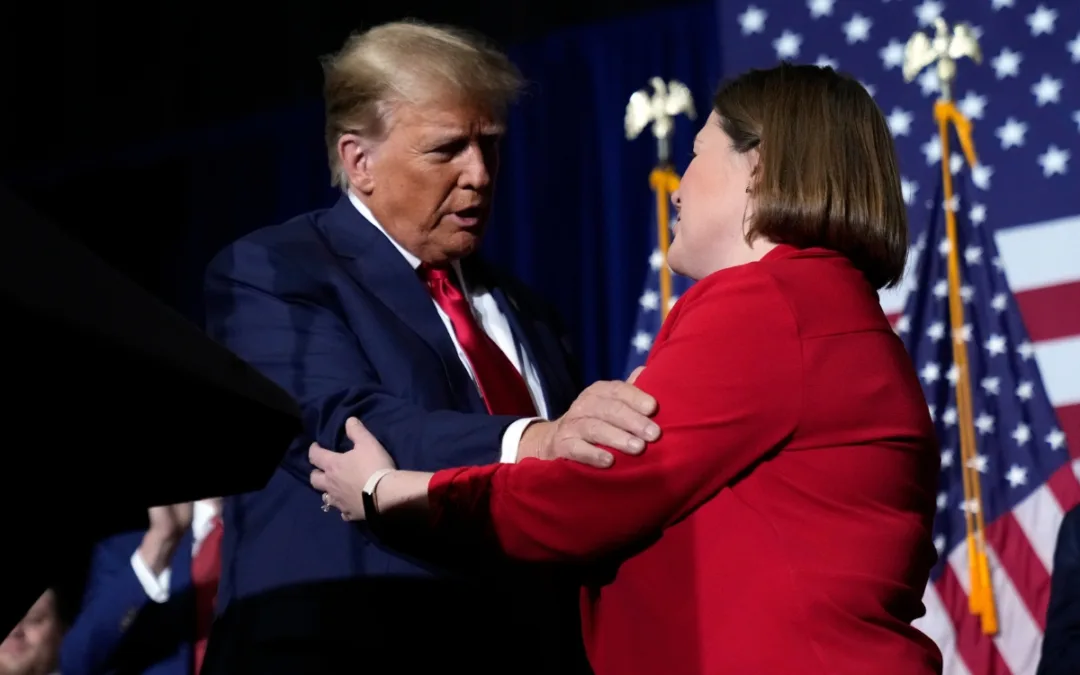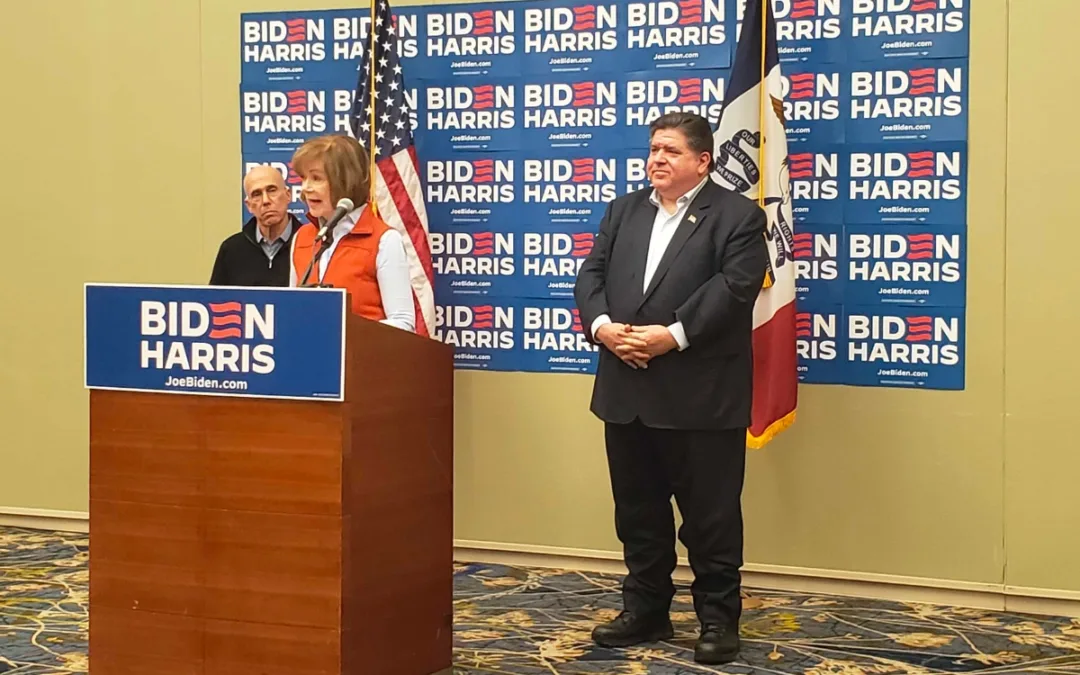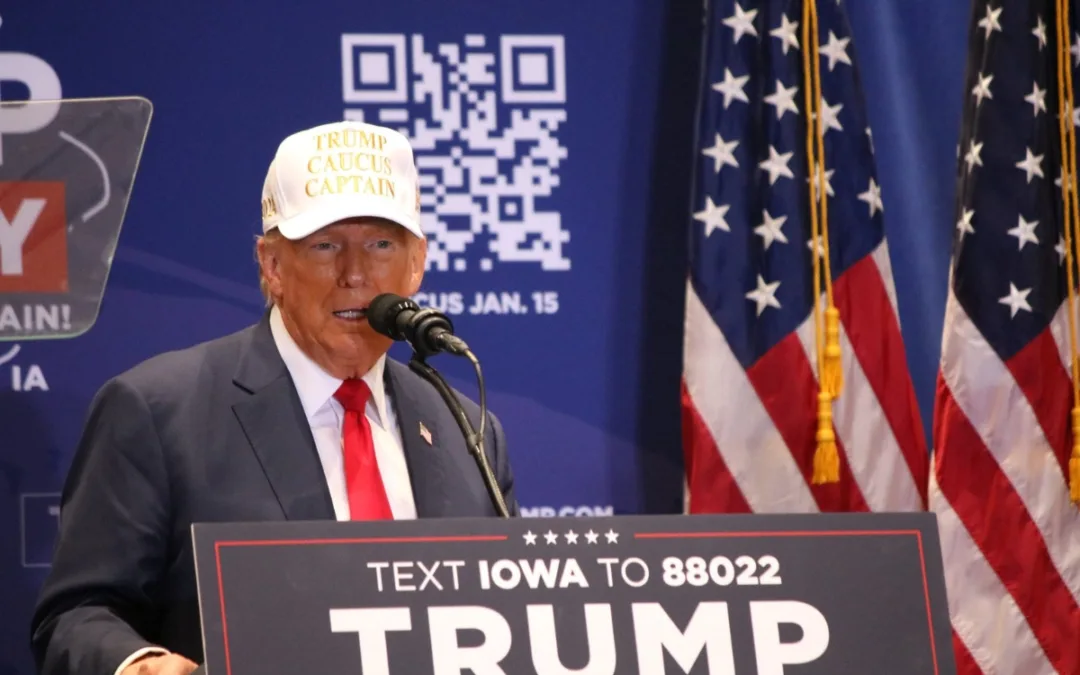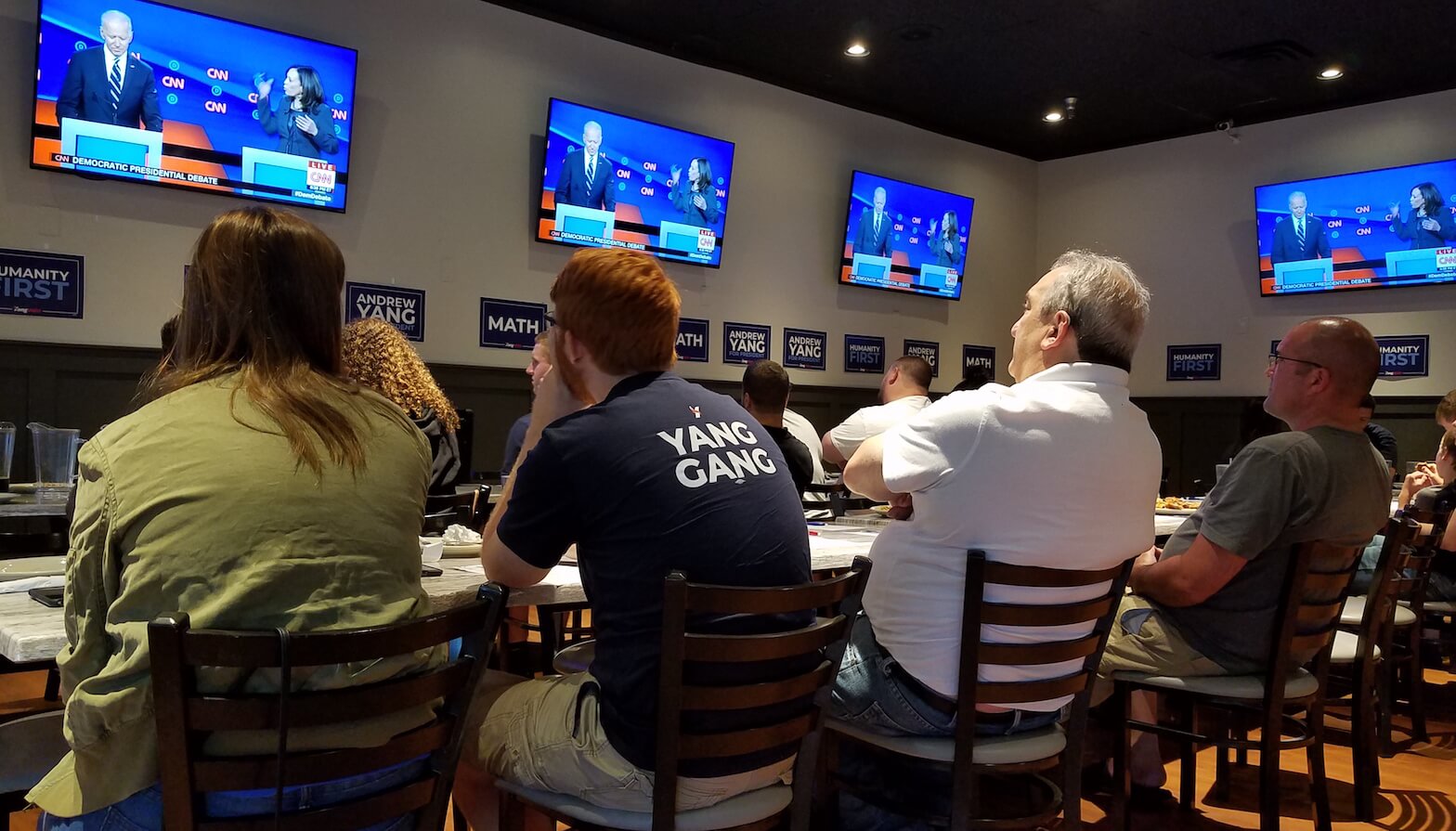
Last night, the CNN-hosted Democratic debates featured a lengthy, sometimes-heated discussion about health care policy.
The heat was purposeful. The moderators paid special attention to having candidates respond to each other’s answers.
To mixed results.
In Ames, Iowa, gathered caucus-goers reacted positively to some of the incendiary moments like Bernie saying he “wrote the damn plan!” and Warren questioning Delaney’s motivation for running if he wasn’t going to fight for something.
On the second night, the moderators didn’t need to work nearly as hard. The candidates addressed each other readily, specifically directing some of their remarks at one of their colleagues on the stage.
The reaction in Des Moines was mixed.
Abi Calvert of Des Moines enjoyed it.
“I don’t mind it,” she said. “It’s working. We can be mad at CNN all we want, but it’s working. I want to see the differences between them.”
Calvert said the point of the debate was to hear candidates discussing the issues and digging into where they stand.
Some critics say the back-and-forth isn’t helpful.
“It doesn’t really explain why you should vote for them,” said Grant Wilson, of Des Moines. “It doesn’t help them get votes, necessarily.”
He wasn’t a fan of candidates attacking each other, and he said he would rather hear them talk about their policies.
“I think it’s not quite appropriate. You need to focus on the debate,” Wilson said. “I feel like we’re kind of wasting our time tonight talking about what happened in the 1970s vs now … They’ve really gotten into slamming each other.”
[inline-ad id=”0″]
Calvert acknowledged the spectacle of having candidates attack each other. She said she didn’t like people framing it as infighting.
“That’s framing it like a TV show, which is fucking stupid. And insulting.”
Heather Dunn of Des Moines thought that, too.
She said the back-and-forth on policy was entertaining because it helps voters learn more about the candidates.
Dunn was less a fan of the personal attacks.
“It’s turning me off,” she said. “It’s just constant virtue-signaling and who can be the most woke.”
Kevin Walsh of Johnston didn’t mind it, even the criticisms that got more personal.
“Eventually, with everyone sharing their ideas, it’ll come to a common focus about what’s really important,” he said.
Walsh said pitting people against each other is inevitable and people will have to go under fire with Donald Trump.
“What happens when they get to the presidential debate stage and Trump comes in with his double-downing and his gaslighting?” Walsh asked.
He said the back-and-forth is an important part of the process.
“Twenty-five people, 35 people, it doesn’t matter. Let’s hear from everyone,” Walsh said. “The Democratic Party is a big tent.”
Veronica Lack had the opposite opinion.
“I like it when they talk about ideas,” she said. “Like Cory Booker says, I think we need to stick to not [attacking each other].”
The evening wasn’t all fighting, though. Like the first night, the candidates spoke up when they agreed too.
Calvert said she likes that because candidates should point out where they agree just as much as they comment on where they differ.
“We’re watching it because we agree with them,” she said. “But we’re also watching to see if they can support it. And inspire.”
by Nikoel Hytrek
Photo by Julie Fleming
Posted 7/31/19
Politics
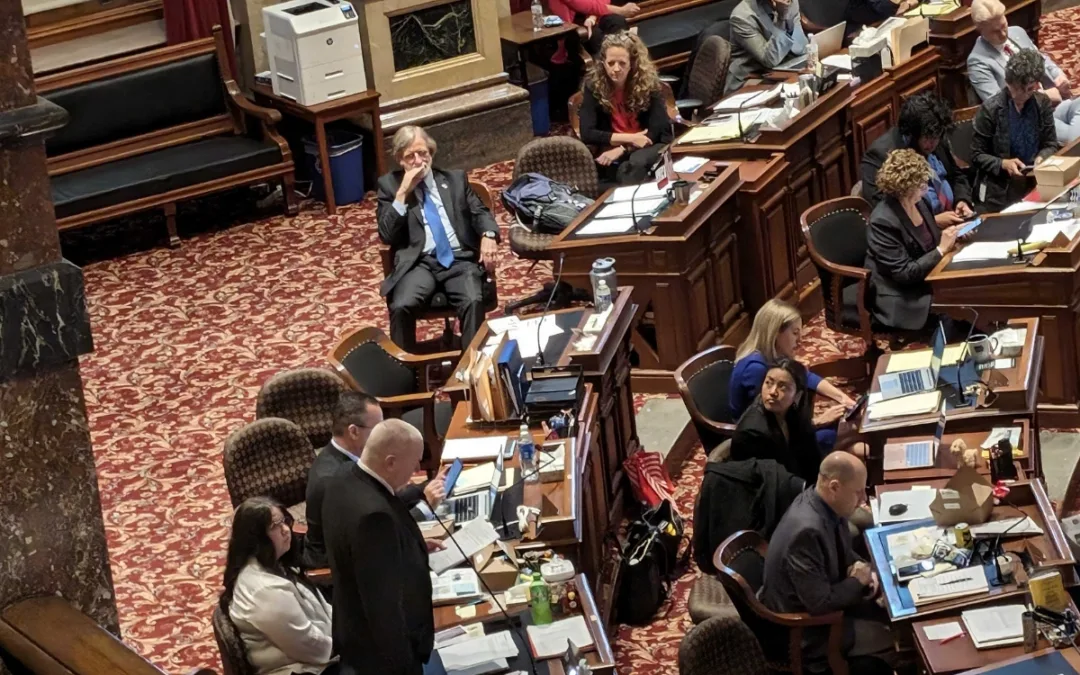
AEAs cutting workers in wake of Republican legislation
Iowa legislators said a new bill cutting money for agencies that help students with disabilities wouldn't affect services. But area education...

He said what? 10 things to know about RFK Jr.
The Kennedy family has long been considered “Democratic royalty.” But Robert F. Kennedy, Jr.—son of Robert F. Kennedy, who was assassinated while...
Local News

No more Kum & Go? New owner Maverik of Utah retiring famous brand
Will Kum & Go have come and gone by next year? One new report claims that's the plan by the store's new owners. The Iowa-based convenience store...

Here’s a recap of the biggest headlines Iowa celebs made In 2023
For these famous Iowans, 2023 was a year of controversy, career highlights, and full-circle moments. Here’s how 2023 went for the following Iowans:...



